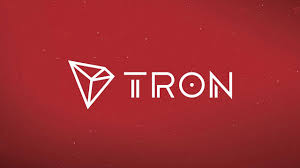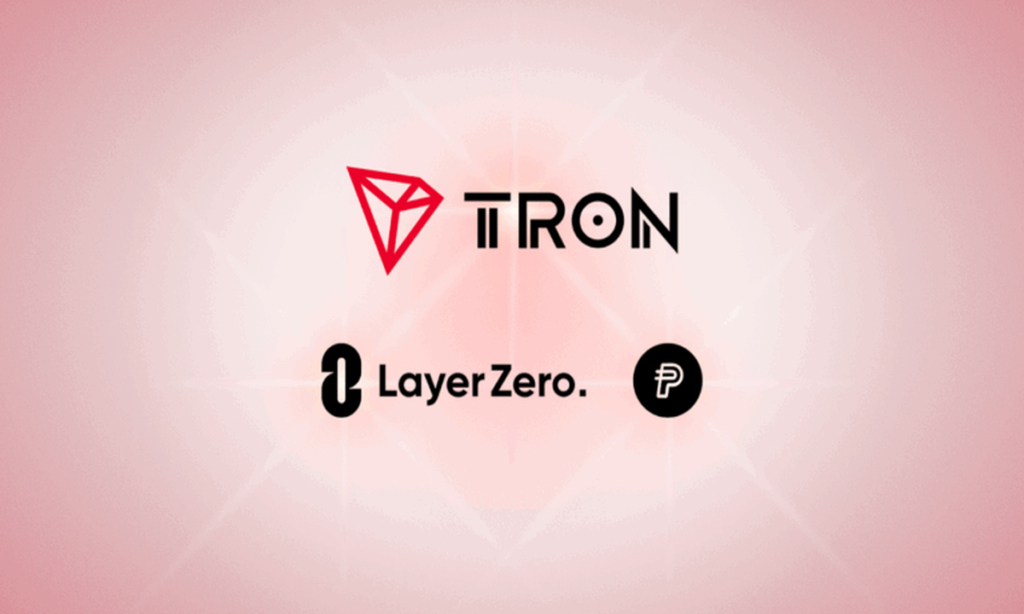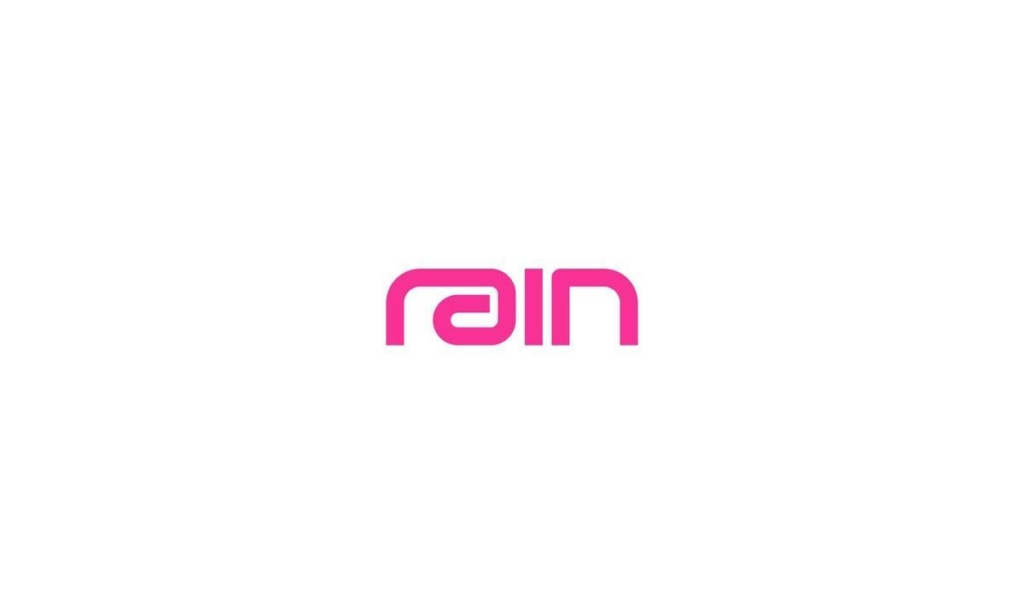Tron founder Justin Sun has announced the development of a system to enable gas-free peer-to-peer (P2P) stablecoin transfers. This feature will cover the cost of transfers by the stablecoins themselves, eliminating gas fees for users.
The feature will first be implemented on the Tron blockchain, with future support planned for Ethereum and all Ethereum Virtual Machine (EVM) compatible networks. Sun expects the launch in the fourth quarter of 2024.
According to blockchain analytics firm Artemis, Tron has seen consistent growth in all stablecoin metrics, with its circulating supply reaching an all-time high of $60 billion. Tron leads in P2P stablecoin transfers, surpassing Ethereum by two to three times. This data suggests Tron is facilitating more payments and money transfers than decentralized finance (DeFi) activities.
Tron’s innovation in gasless transfers could challenge PayPal’s stablecoin PYUSD, which allows free cross-border stablecoin transfers for certain U.S. users.
Another competitor could be Circle’s USD Coin (USDC), the second-largest stablecoin after Tether (USDT). USDC transfers are already gasless on Ethereum layer 2 blockchain Base, developed by Circle, and can be conducted using the Coinbase wallet.
Tron is also considering developing a Bitcoin layer 2 network to support a wrapped version of Tether, potentially bringing millions of dollars into the Bitcoin ecosystem. Sun’s announcement follows the recent decision by Circle and Binance to stop supporting USDC on the Tron network.
The potential of gasless stablecoin transfers on the Tron network aligns with the broader trend of reducing transaction costs in the crypto space. By making transactions cheaper and more efficient, it could encourage more businesses to integrate blockchain into their operations, driving further innovation and growth in the sector.



